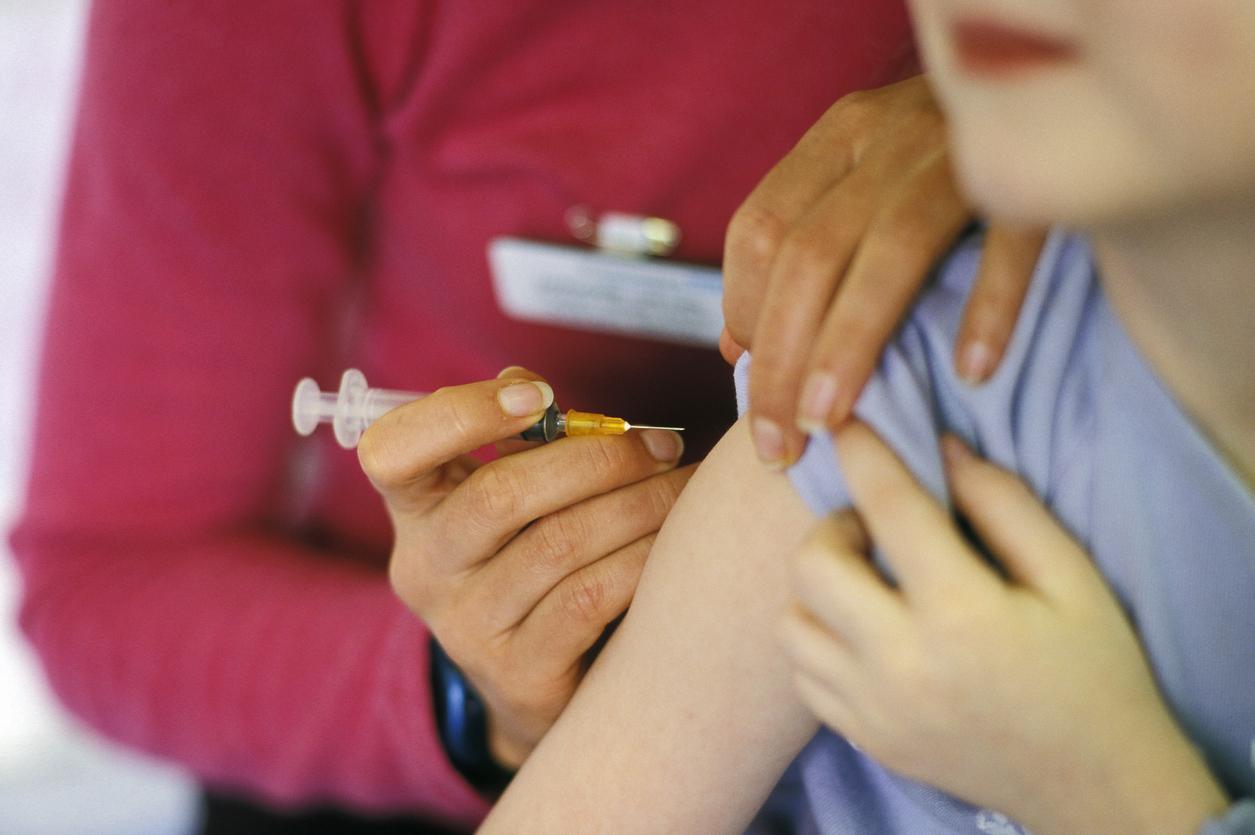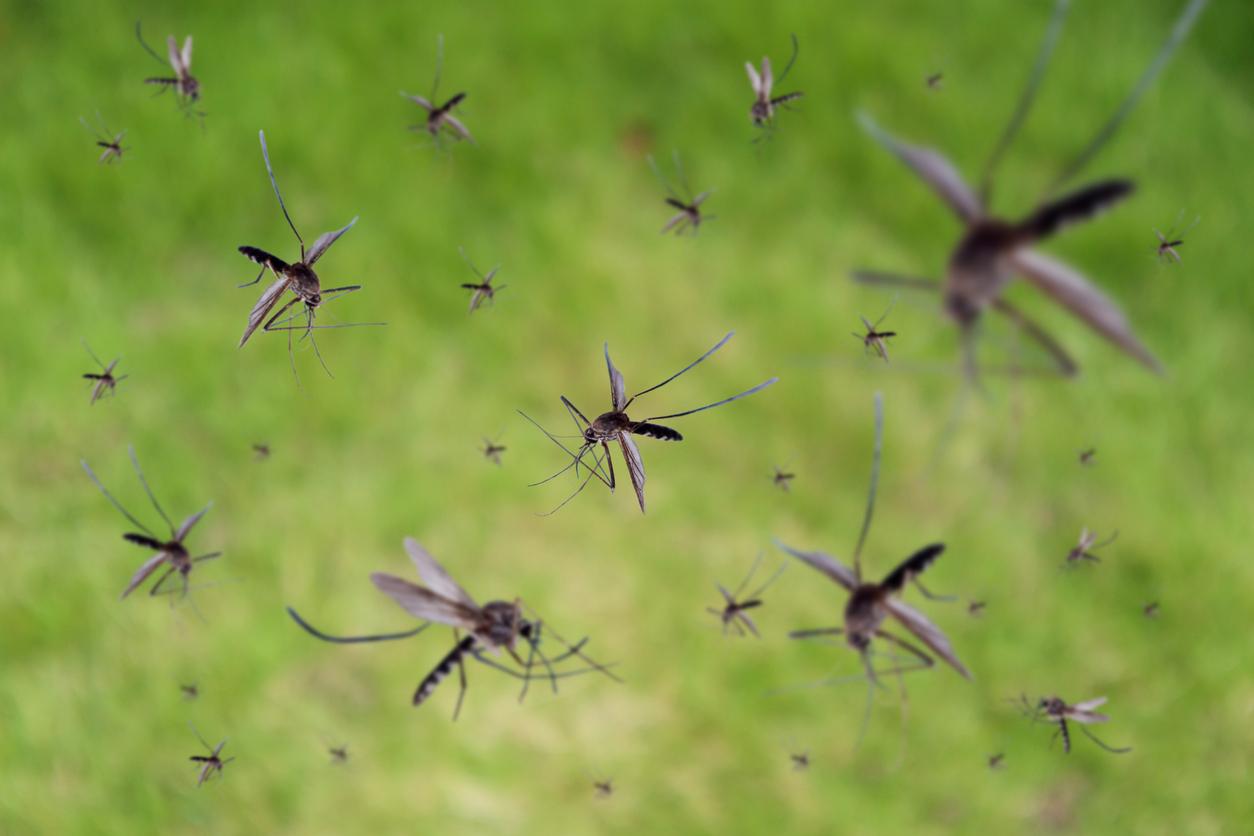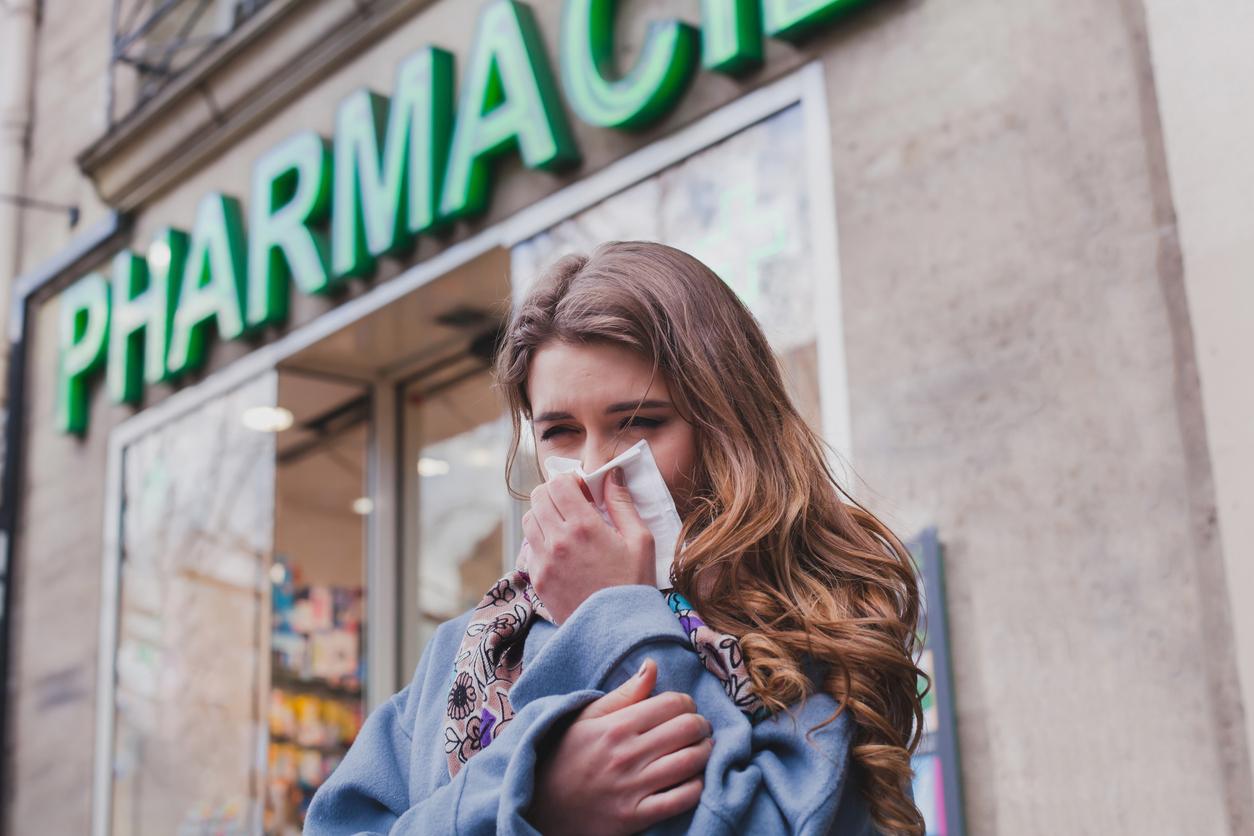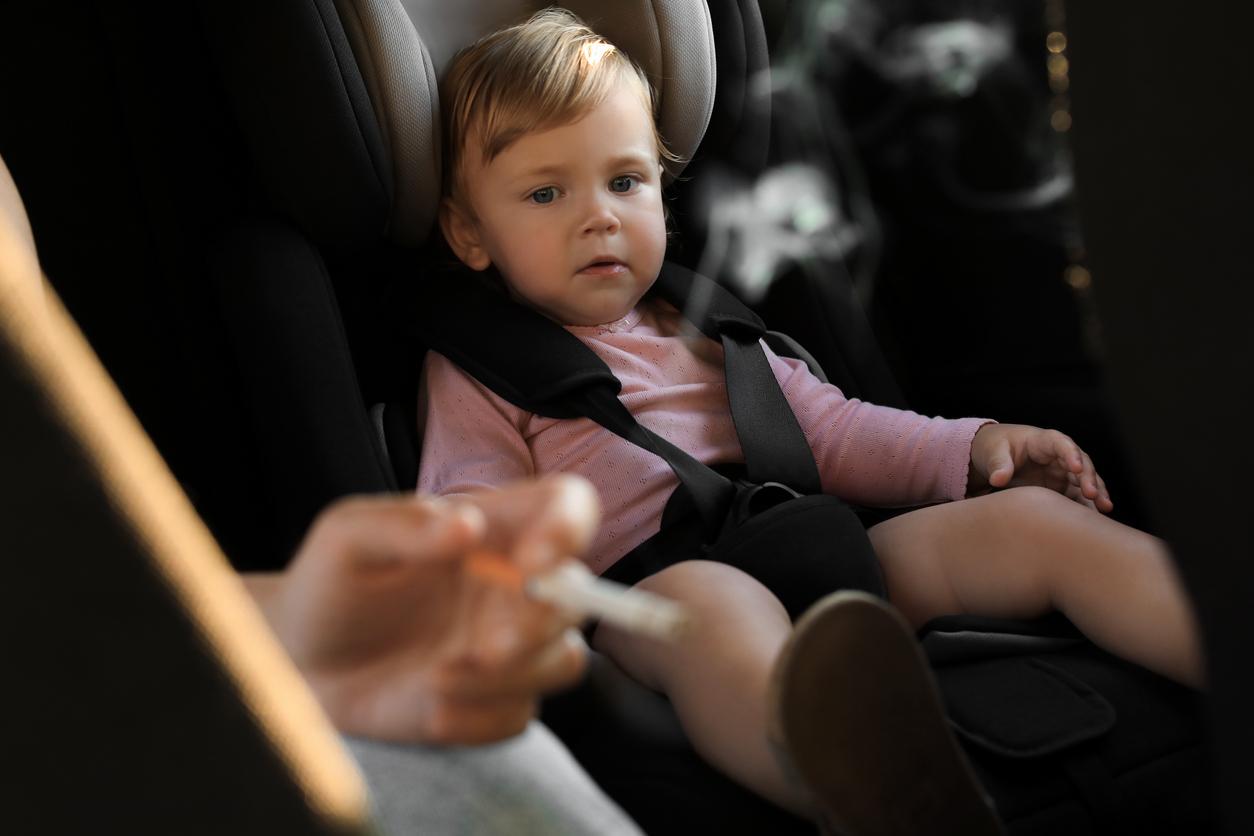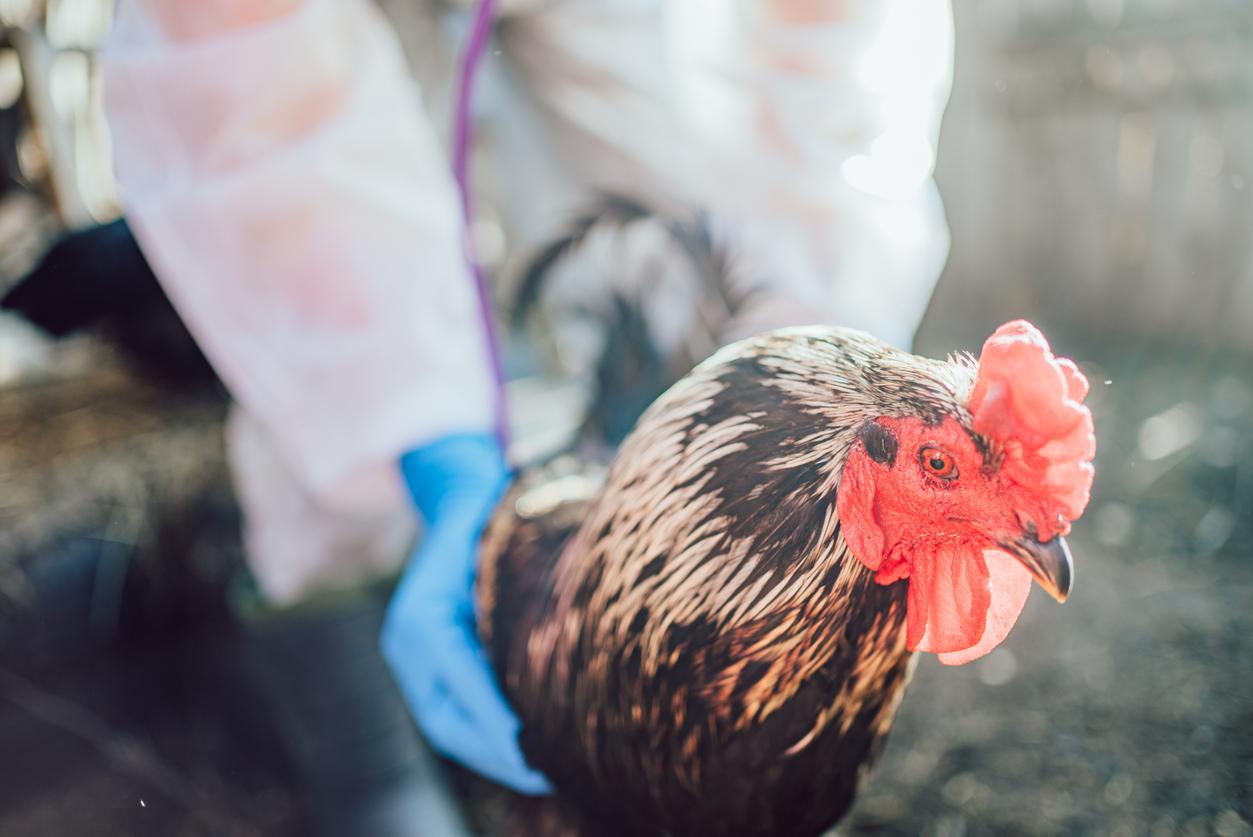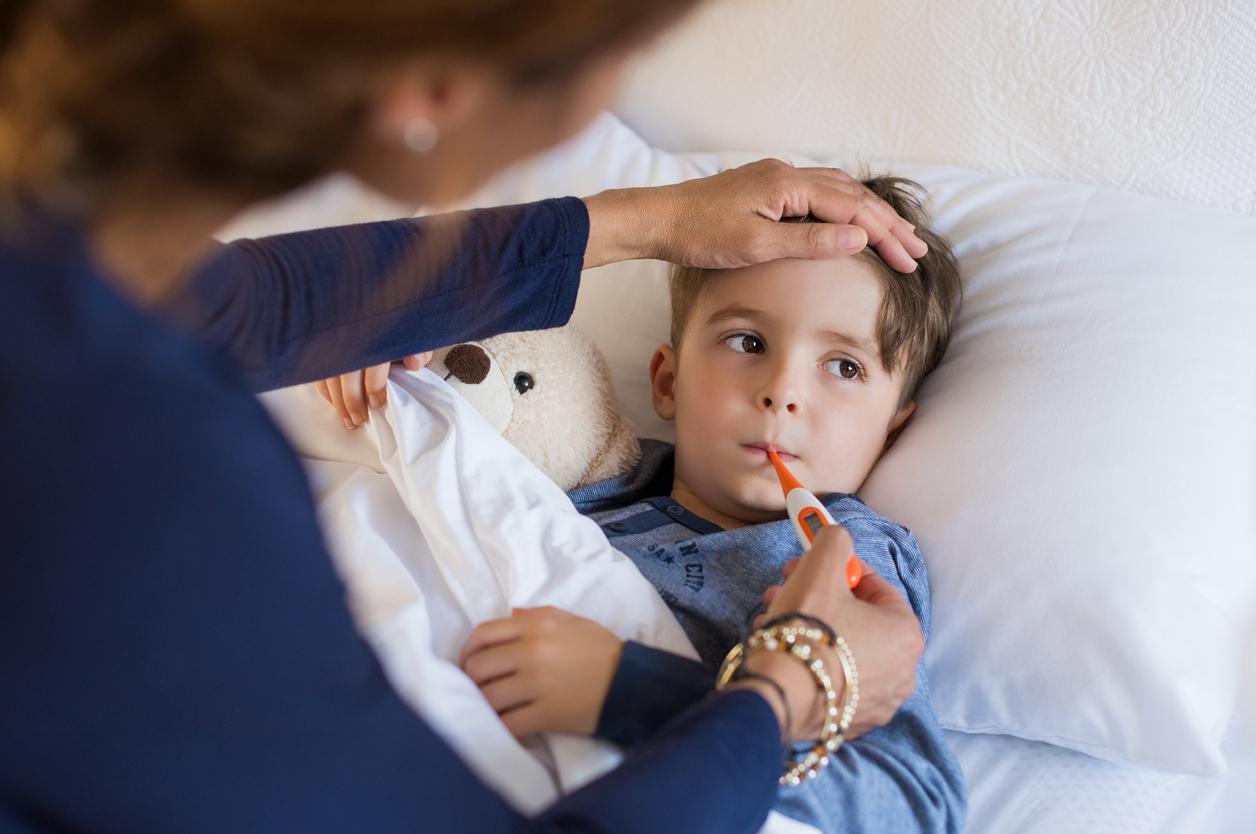For the past month and a half, the Samoa Islands have been plagued by a measles epidemic and around 60 people have died of the disease. A state of emergency was declared on Thursday, December 5 and a vaccination campaign launched, house by house.
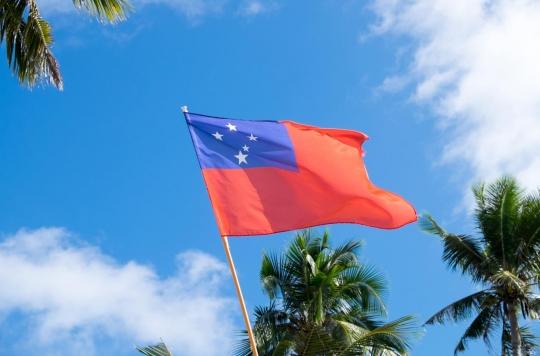
Health crisis in Samoa. While these South Pacific islands have been hit by a measles epidemic for a month and a half (about sixty deaths), the state of emergency was declared on Thursday 5 and will continue on Friday December 6. Public services will therefore be closed and all travel prohibited. Only parents whose children show the first symptoms of measles will be able to travel to see the doctor. The vaccination campaign launched a few weeks ago for children will be extended to all adults, house by house, in order to stem the epidemic in the archipelago.
It all started in early October when a New Zealand tourist imported the extremely contagious virus. In a month and a half, 60 people are believed to have died of the disease, including 52 children aged four or younger, according to health authorities. According to them, the infection rate continues to climb, with 171 new cases in 24 hours, for a national total of 4,052.
Hoping to reverse the trend, the government recently made measles vaccination compulsory. And, while it had previously focused on children, it is now extended to the entire population. “People are encouraged to tie a red cloth or red flag in front of their homes and near the road to indicate that family members have not been vaccinated,” health authorities said in an official notice released Wednesday. December.
31% vaccination against measles before the start of the epidemic
For a State to be safe from a measles epidemic, 90% of its population must be vaccinated. However, in the archipelago, the vaccination coverage rate before the start of the crisis was only 31%. However, it has risen to 55% since the start of the vaccination campaign two weeks ago, assure the health authorities.
According to the World Health Organization (WHO), measles cases have tripled worldwide since the beginning of the year with 364,808 cases diagnosed between 1er January and July 31, the highest figures recorded for thirteen years.
“The resumption of measles transmission is concerning. If we do not achieve high and sustainable vaccination coverage in each community, both children and adults will suffer unnecessarily and for some will have a tragic death”, warned this summer Günter Pfaff, president of the Regional Commission verification of measles and rubella elimination.
Measles, particularly dangerous for young children
On this date, in France (where three people died of measles, in 2018), there were no less than 2,381 cases since the beginning of the year. However, vaccination against measles having been since 1er January 2018 compulsory for children, the epidemic peak has passed and the number of cases is decreasing, according to Public Health France.
Extremely contagious, the disease infects the respiratory tract before spreading throughout the body. The period of spread of the virus begins 2-6 days before the appearance of the rash. Measles is usually spread by direct contact or through the air. However, the risk decreases from the second day after the appearance of the rash. In toddlers, complications can occur (encephalitis, for example) and have very serious sequelae, even lead to death.

.









